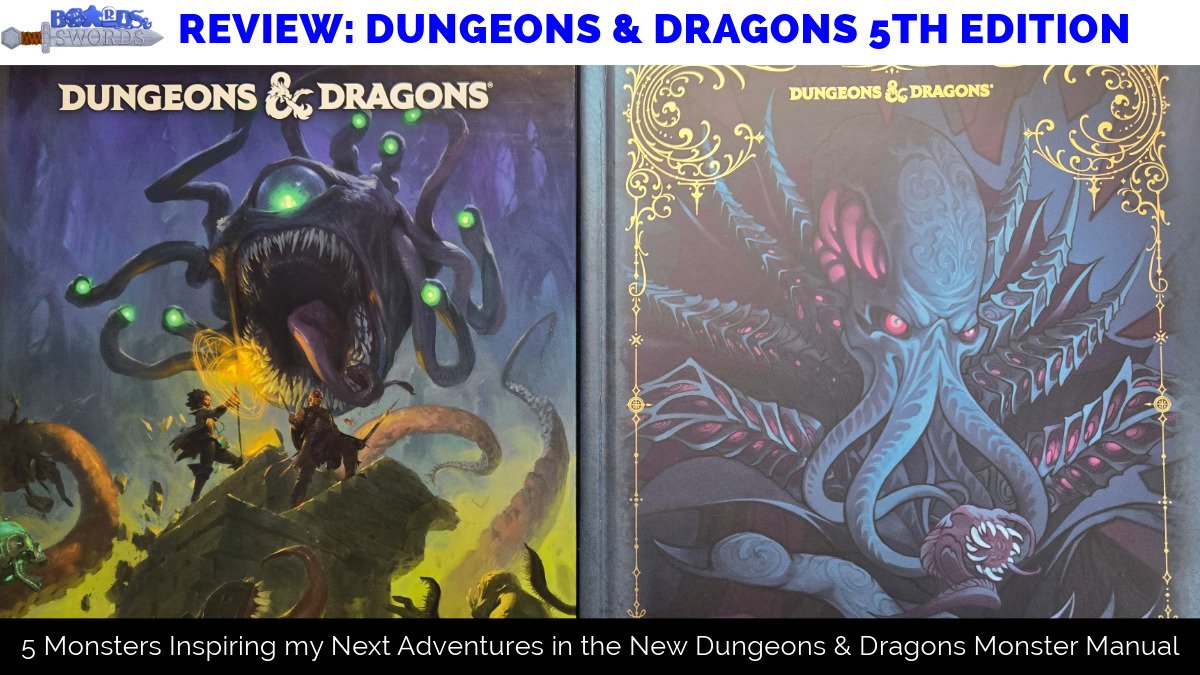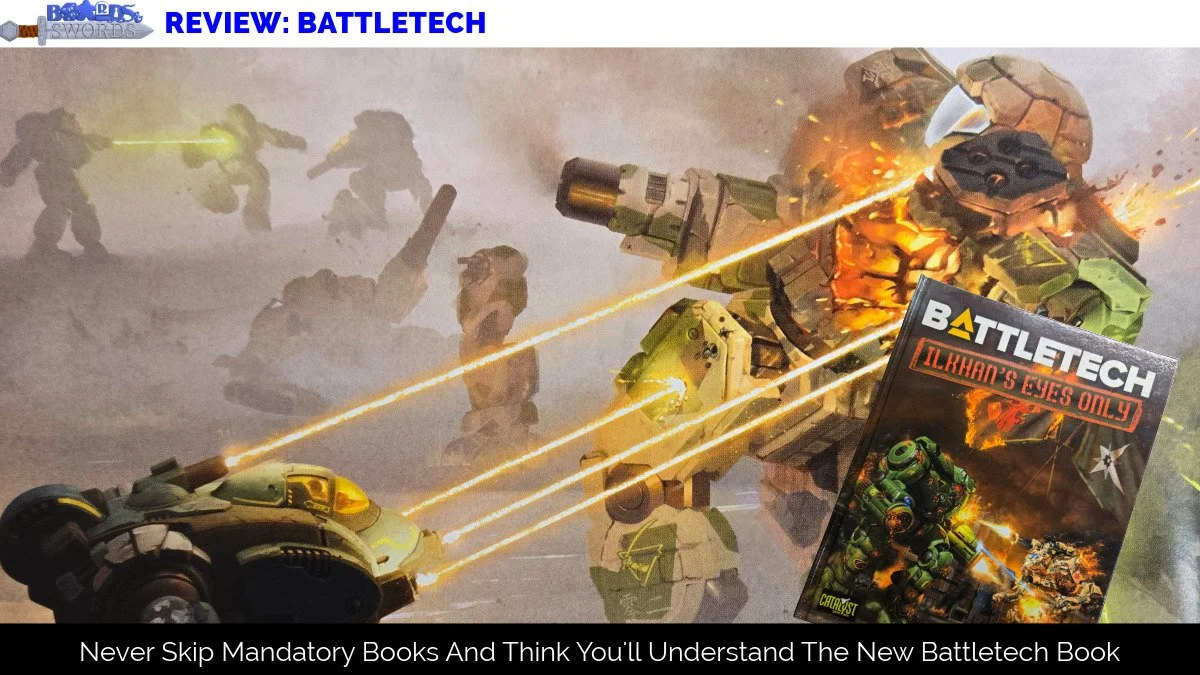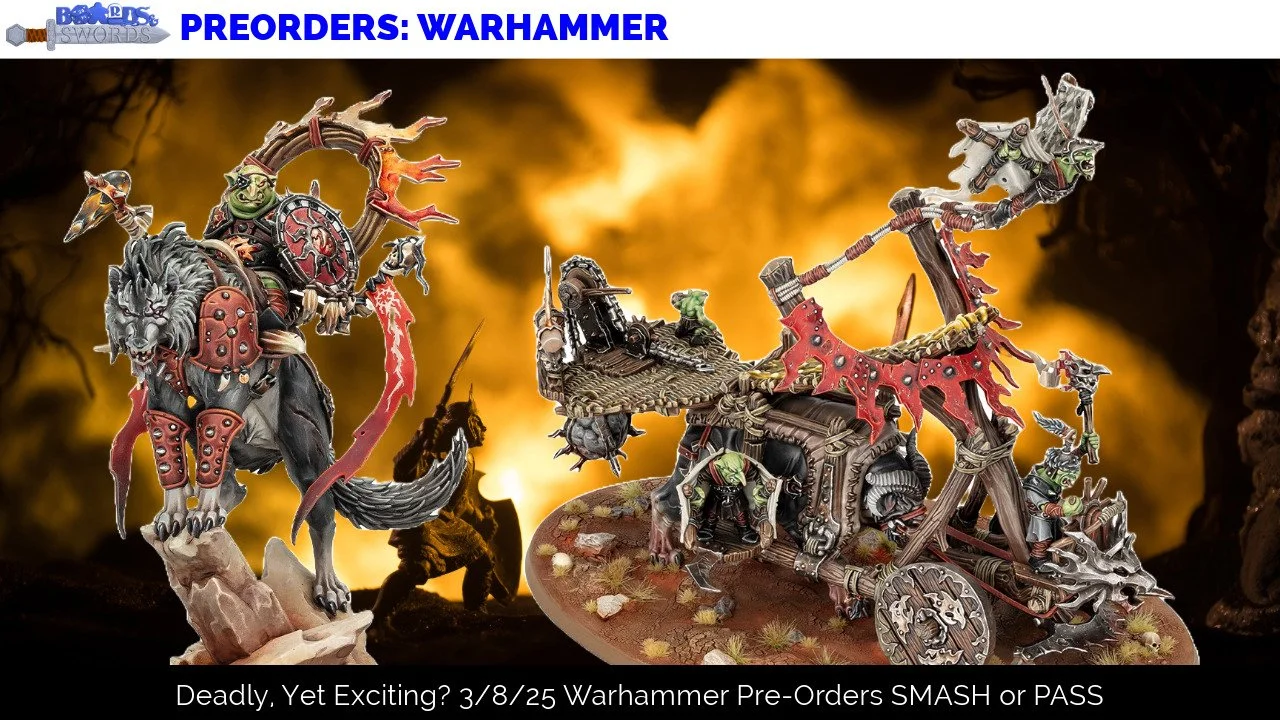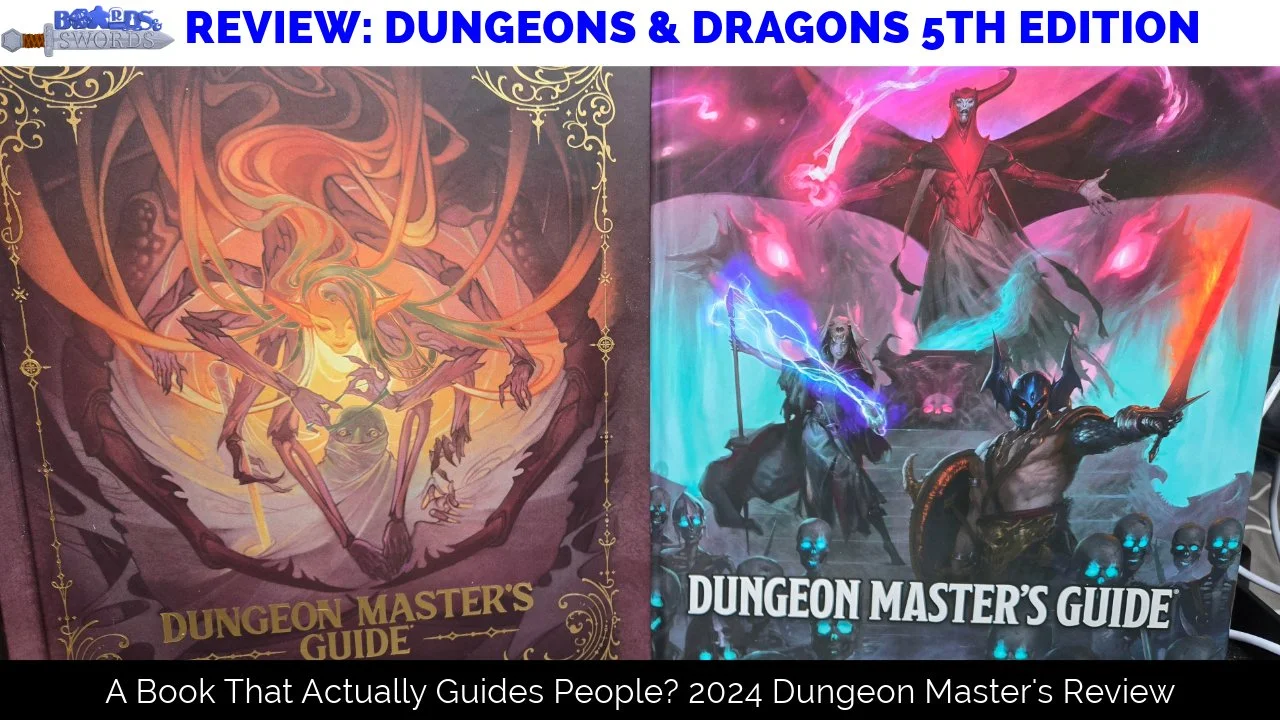Do We Actually Want Board Games to Become Mainstream?
Quick and Dirty Response: I do, and I'm sure others do too, but I don't think people really understand what it means for a hobby to go mainstream.
Some background
This morning, I saw someone posting online about how customers kept calling their store asking about Wingspan. This owner was frustrated because this particular board game is in high demand and has sold out practically everywhere. The game is truly impossible to find until the next print run arrives. However, this particular owner was frustrated by all the weird suggestions people were giving (some were REALLY bizarre) when they told said people that the game was hard to find.
One type of comment to this person's post was: "Why Wingspan? What's so special about this game?" I'll tell you why, even though I've never played the game.
First, a disclaimer: Wingspan is made by Stonemaier Games, who is also the maker of Scythe, my favorite game of all time. So take from that what you will.
Yesterday, according to when I wrote this, the New York Times published an article talking about Wingspan. A day later, it's still listed on the front page of their website. The article interviews Elizabeth Hargrave, the designer of Wingspan, asking her questions about her love of birds and the aspects that went into designing the board game.
Did you just say…?
Let me say that again, louder for those in the back: THE NUMBER TWO NEWSPAPER IN AMERICA HAS A STORY ON THE FRONT PAGE OF ITS WEBSITE ABOUT BOARD GAMES!
There are whole threads on reddit/facebook/twitter/<insert social media of choice here> about how we can get more people into board games. We want more people to enjoy our hobby. We want more new friends that we can hang out with and play our shrink wrapped board games with. Businesses dream of having more customers to generate more sales for their stores. Well here we go – according to wikipedia, the New York Times has over 500,000 daily print subscribers, and almost 3 MILLION digital only users.
But...the next day we have an example of a store owner complaining about getting too many phone calls about Wingspan.
Now hold on a second…
"Hey now," you might say, "It's not their fault, Stonemaier messed up the supply for Wingspan and caused the local stores to suffer."
That's true, the stores have been dealt a bad hand, and we could probably spend a whole article talking about the decision making process behind the short Wingspan supply. However, instead of looking at it in a negative way, why not take this as an opportunity. Something about the game has sparked people enough to spend the time and effort to call a store. Presumably, this is after they tried the easier option of looking online to find the game. So, we have someone who A) doesn't know a lot about how board games and/or business works (judging from the suggestions that these callers were making to the store owner) but B) is really excited/desparate/interested in getting the game.
For a game store, that should be the JACKPOT. That is someone baiting the hook for you and handing you the fishing pole, you just have to reel in the fish when something comes along and bites at it. But, how do you sell someone a game that you don't have? In fact, several gamers are upset because they DID preorder the game and STILL didn't get it because the game stores got short changed. What if, when someone calls asking about Wingspan, instead of getting frustrated, this store owner tried this:
"No we don't have it. I don't know when we will get it, as the company who makes Wingspan, Stonemaier Games, has had issues getting enough copies to stores. BUT - we are offering people a special deal: if you buy any other Stonemaier Games title, then you will get put on a list and be the first group of people we call when we do get in copies of Wingspan".
There are even other ways to tackle this – give people a bigger discount on the game if they volunteer to wait longer for the game, give people store credit bonuses for every 30 days that it takes to get in the game.
What can we take away from this?
Stepping back from this example and back to my original point – if we still want board games to become mainstream (and yes, we do), then as a hobby there are a couple of things that we are going to have to accept:
1) People playing board games aren't just going to be white males.
This one is probably the most important, as its already true. There are women, PoC, LGBT+, and other groups that are not only playing board games now, but will increase as the hobby becomes more mainstream. If this makes you uncomfortable, GET. OVER. IT. Also, to companies – this means you need to market your games to those other demographics as well. In addition, not every new gamer is going to even know what BGG is, let alone be obsessed with reading up on BGG about the hot new releases. They may not ever care to ever find out either. They may just be happy playing the handful of games that they have discovered. That's why we have to be good ambassadors, being welcoming to people and not:
Confusing them with jargon (do you like worker placement or heavy Euro games?)
Gatekeeping (This game is probably too heavy for you)
Judging them (Oh, you like Munchkin/Monopoly/etc? That game sucks.)
2) You can't play every hot new game.
This one ties back into the first note – as the pool of gamers becomes more and more diverse, then the types of games that people are wanting to play will increase exponentially. That's why you've seen board game companies explode with so many new titles over the past couple of years. Peoples' tastes vary, and so game companies are throwing out games in every genre to try and attract new customers. Look at video games – not only are there hundreds of titles from big huge studios every year, but on platforms like Steam where independent creators can post games there are brand new games every day. People only have a limited amount of time/money/energy, so just like you can't play every video game out there, you aren't going to be able to play every board game. That's where finding genres, companies, designers, podcasts (did you know we have a podcast?), youtube videos (hey, we have that too!) that you are interested in are going to become more important to help you filter through the mass of games to find ones that are interesting to you.
3) Shortages are going to happen.
I really didn't plan for each point to tie into the next. Remember when I said companies are trying out new games, new themes, new genres? Well, each new attempt has the possibility of failure, and companies have to think about that when they plan out print runs. Look at Wingspan and Keyforge, two games that have had supply issues in the past 6 months. Both are games that are very unique (heh heh, see what I did there?) in this hobby – Wingspan with its different theme and Keyforge with its sales model. When Stonemaier Games and Fantasy Flight Games were figuring out how many games to print, they had to come to terms with the fact that there was always the possibility that these games become duds. So OF COURSE they had lower print runs than demand – its far easier to print more games than to get rid of excess games that nobody wants. This is going to keep happening, by the way. Looking at video games again, remember the shortages when the Nintendo Wii came out? It was over a year after the console released before you could walk in a store and just buy one off the rack.
Restating the Quick and Dirty
In conclusion, YES we want board games to become mainstream. Consumer growth is good for the industry and it means it will help keep board games companies of all sizes open to keep pumping out new games for us to play! So take a breath and enjoy the ride!















